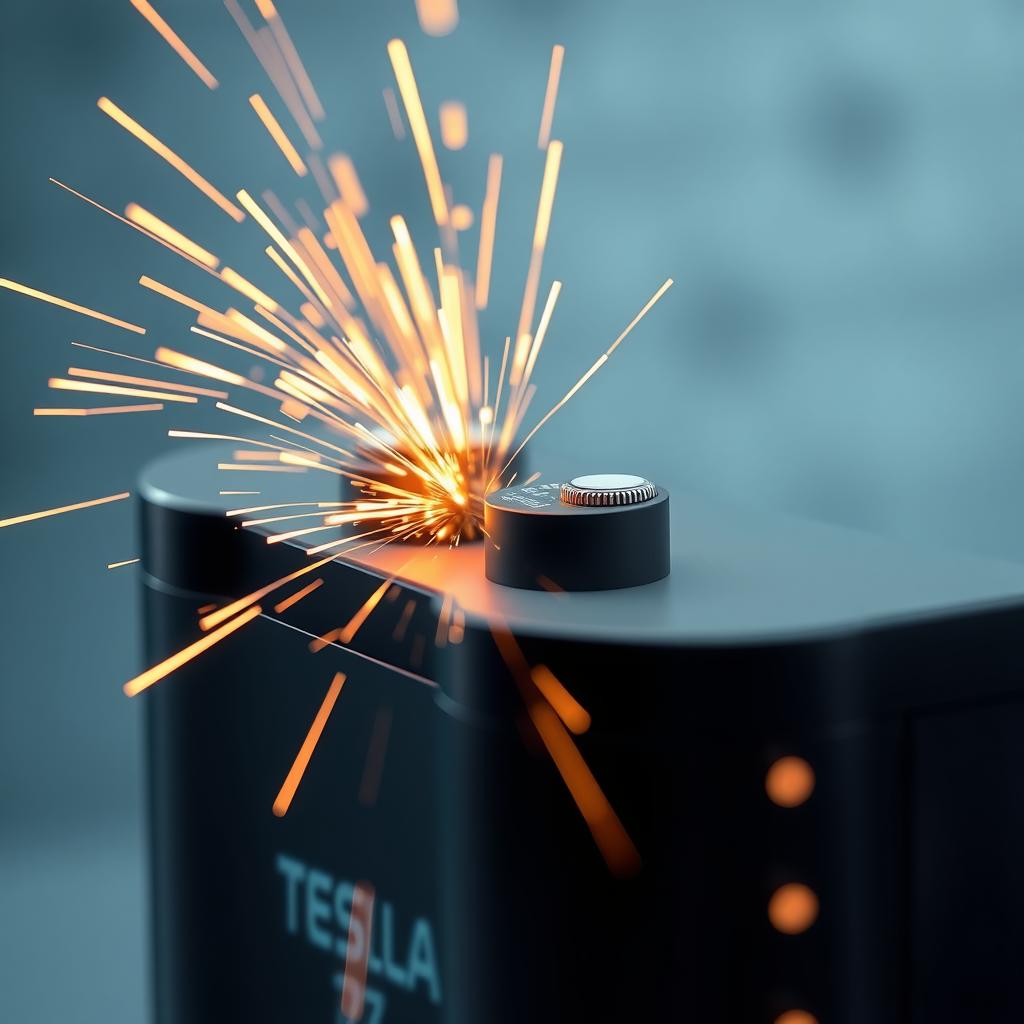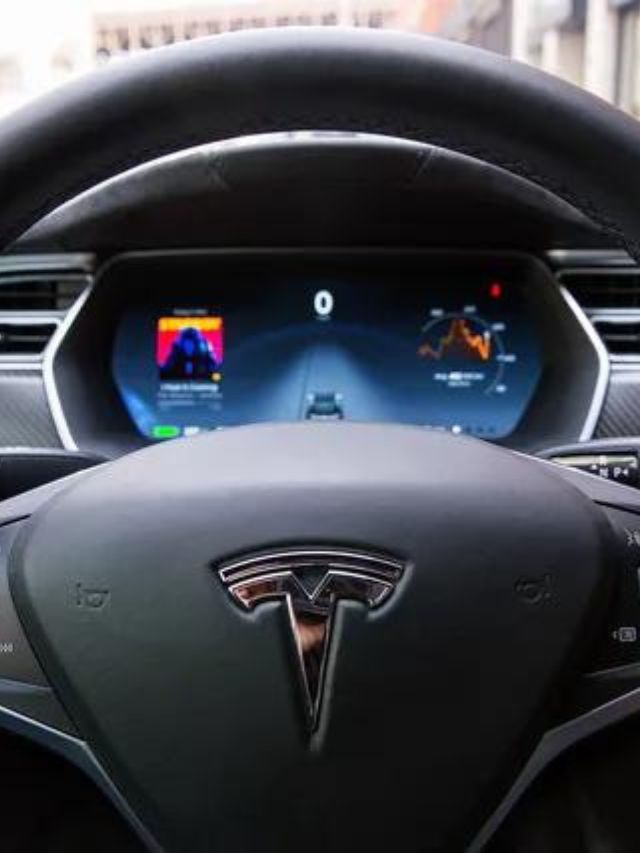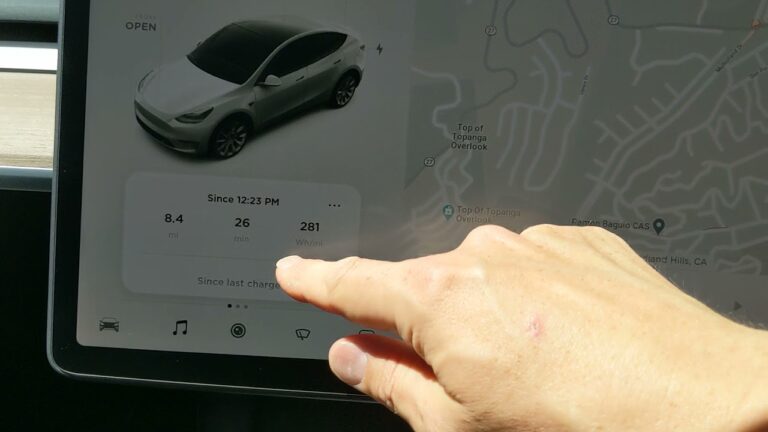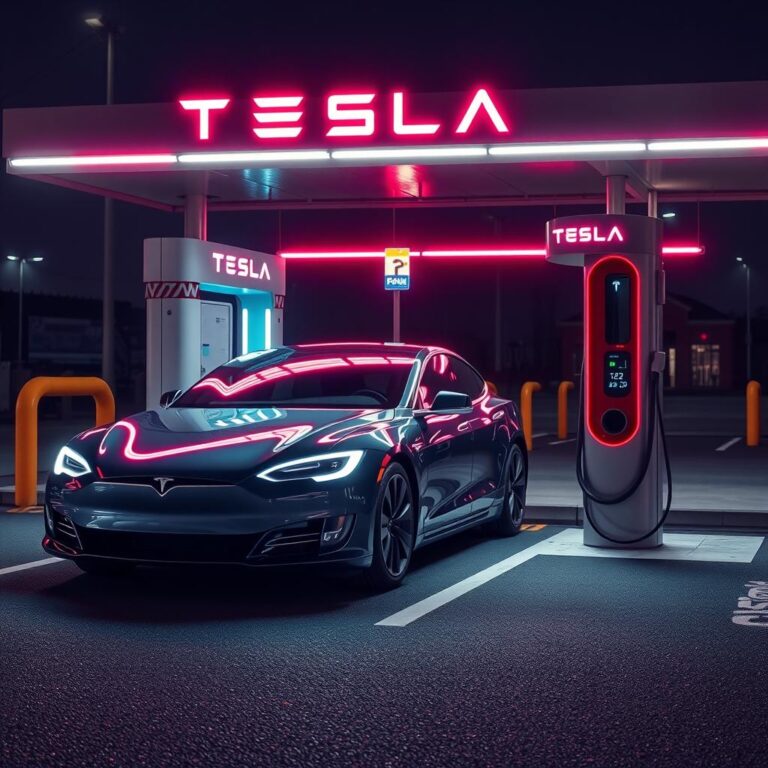Are Tesla Car Batteries Dangerous?
Are Tesla car batteries dangerous? That’s a question many people are asking as electric vehicles (EVs) take over the roads.
We all know Tesla batteries power some of the most advanced cars in the world. But do they come with hidden risks? Fire hazards? Electrical shocks? Environmental dangers?
Let’s break it down.
What Makes Tesla Batteries Different?
Tesla uses lithium-ion batteries, similar to what you’d find in smartphones and laptops—but on a much larger scale.
Here’s what sets them apart:
- High energy density – More power in a smaller space.
- Advanced cooling systems – Keeps temperatures under control.
- Battery management software – Prevents overcharging and overheating.
These features make Tesla batteries more efficient—but do they also make them more dangerous?
Do Tesla Batteries Catch Fire?
The biggest concern? Battery fires. People worry that Tesla batteries can overheat and burst into flames.
Here’s the reality:
- EV fires are rare – Tesla vehicles catch fire 10 times less than gas-powered cars, according to data.
- Thermal runaway is a risk – If a battery cell overheats, it can trigger a chain reaction.
- Fire suppression is built-in – Tesla’s battery packs have fire barriers to slow down flames.
Yes, Tesla batteries can catch fire—but it’s not as common as some headlines make it seem.
What Causes Tesla Battery Fires?
When Tesla batteries do catch fire, it’s usually due to:
- Severe crashes – High-impact collisions can puncture the battery pack.
- Overcharging – Rare, but excessive voltage can lead to overheating.
- Manufacturing defects – Uncommon, but sometimes defects slip through.
- Water damage – Flooding can short-circuit battery cells.
The good news? Tesla’s battery safety systems are designed to minimize these risks.
Can Tesla Batteries Explode?
Short answer? Not like Hollywood movies make it seem.
A damaged battery can catch fire, but it won’t explode like a gas tank.
Why?
- Battery chemistry – Lithium-ion fires don’t combust violently.
- Protective casing – Tesla’s battery packs are reinforced.
- Slow burn, not explosion – Fires spread gradually, giving time for response.
So while Tesla batteries aren’t explosion-proof, they aren’t ticking time bombs either.
Can You Get Electrocuted by a Tesla Battery?
Tesla batteries store massive amounts of electricity, so could they electrocute you?
Here’s what you need to know:
- High-voltage system – Tesla batteries operate at up to 400 volts.
- Shock protection – Built-in safety features prevent accidental discharge.
- First responder guidelines – Emergency crews are trained to handle Tesla battery incidents.
Unless you’re dismantling a Tesla battery without proper gear, the risk of electrocution is extremely low.
Is Tesla Battery Radiation Dangerous?
Some people worry about radiation from Tesla batteries. But do they actually emit harmful waves?
The truth:
- No ionizing radiation – Tesla batteries don’t emit the kind of radiation linked to health issues.
- Electromagnetic fields (EMF) – All electronics produce some EMF, but Tesla’s levels are lower than smartphones.
- No proven health risks – There’s no scientific evidence that Tesla batteries cause harm.
If you’re okay using a laptop or phone, a Tesla battery shouldn’t be a concern.
What Happens If a Tesla Battery Gets Wet?
Water and electricity don’t mix. So what if a Tesla battery gets wet?
Here’s what could happen:
- Normal rain and splashes – No problem. Tesla batteries are sealed and waterproof.
- Flooding – Extended submersion can damage battery cells.
- Saltwater exposure – Seawater can cause short circuits and corrosion.
Tesla vehicles are designed to handle everyday wet conditions, but driving through deep floods is a bad idea.

How Tesla Reduces Battery Risks
Tesla knows that battery safety is a big deal. That’s why they’ve packed their cars with advanced safety features.
Here’s how Tesla reduces risks:
- Battery Cooling System – Tesla uses liquid cooling to prevent overheating.
- Impact Protection – The battery pack is reinforced with a solid metal casing.
- Firewalls Between Cells – If one cell fails, it doesn’t instantly spread to the rest.
- Automatic Shutoff – If a severe crash happens, Tesla automatically disconnects the battery.
These safety measures help keep Tesla drivers and passengers safe.
How Long Do Tesla Batteries Last?
One of the biggest myths? That Tesla batteries die quickly.
In reality, Tesla batteries are built to last:
- 300,000 to 500,000 miles – Most Tesla batteries last longer than gas engines.
- Degradation is slow – After 200,000 miles, Tesla batteries still retain around 90% of their capacity.
- Battery replacement isn’t common – Most Tesla owners never need to replace the battery.
So while Tesla batteries do degrade over time, they last much longer than most people expect.
How to Handle a Tesla Battery Fire
Even though Tesla battery fires are rare, it’s good to know what to do if it happens.
Here’s what experts recommend:
- Get to safety – If a fire starts, exit the vehicle immediately.
- Don’t use water – Lithium-ion battery fires require special extinguishers, not regular water.
- Call emergency services – Firefighters have specific training to handle EV fires.
- Keep your distance – Tesla battery fires can take longer to burn out than gasoline fires.
The good news? Tesla’s built-in safety systems make fires much less likely to happen in the first place.
Are Tesla Batteries Safer Than Gasoline?
Some people think Tesla batteries are more dangerous than gasoline. But that’s not true.
Here’s how they compare:
- Gas cars have more fires – Internal combustion engines have 10x more fires than EVs.
- No flammable liquids – Tesla cars don’t carry gasoline, which eliminates fuel-related explosions.
- Fewer moving parts – EVs don’t have complex engines that can overheat and fail.
While Tesla batteries aren’t perfect, they’re still safer than traditional fuel-powered cars in many ways.
What to Do If a Tesla Battery Gets Damaged
Battery damage can happen after an accident, impact, or extreme conditions.
Here’s what to do if you suspect Tesla battery damage:
- Look for warning messages – Tesla’s system will alert you if there’s an issue.
- Avoid touching exposed wires – High-voltage shocks are dangerous.
- Don’t drive if something seems wrong – A damaged battery should be checked before use.
- Contact Tesla Service – Let professionals inspect the vehicle for safety.
Driving with a damaged battery can be risky, so always get it checked if there’s a concern.
FAQ: Common Questions About Tesla Battery Safety
Can a Tesla battery explode in a crash?
No. Tesla batteries are designed to absorb impact, and fire risks are lower than in gas cars.
Is it safe to charge a Tesla in the rain?
Yes. Tesla chargers are waterproof and designed for outdoor use.
What happens if a Tesla battery is punctured?
If the battery pack is punctured, it could lead to a short circuit or fire. That’s why Tesla protects the battery with a reinforced casing.
Can extreme heat or cold damage Tesla batteries?
Not directly. Tesla’s battery management system regulates temperature, but extreme conditions can slightly affect range.
Final Verdict: Are Tesla Car Batteries Dangerous?
So, are Tesla car batteries dangerous? The answer isn’t simple.
Yes, like any energy source, Tesla batteries come with risks—fires, electric shocks, and damage can happen.
But, Tesla has built some of the safest battery technology on the market, with fire protection, crash safety, and advanced monitoring systems.
Compared to gasoline cars, Tesla batteries are actually safer in most situations.
So while no vehicle is 100% risk-free, Tesla’s battery technology is designed to keep drivers and passengers as safe as possible.





